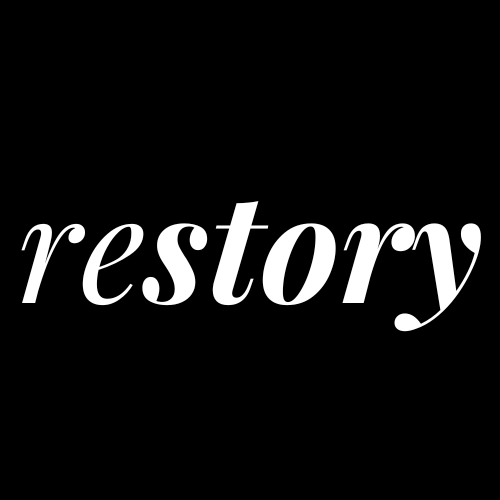Did you know that if you’re writing a nonfiction book and you’d like to see a traditional publisher publish it, you don’t write the whole book? Well, you don’t. You write a proposal and three sample chapters.
When I started my publication journey, I was convinced I’d be a novelist only. Whenever I proofread nonfiction writer’s proposals, I thought to myself, Wow, I’m so glad I don’t ever have to figure out how to do this! The problem with this line of reasoning was my agent’s continual pestering that I should write parenting books. I scoffed, laughing at the idea. Though admittedly the idea intrigued me, what stopped me short was the thought of writing one of those behemoth nonfiction book proposals.
Why did I balk?
I was afraid.
I knew a proposal was my first handshake with a professional in the industry. It should be pristine and reveal not only my knowledge of the book, but also an uncanny grasp of the bookselling industry. I knew pulling this off would take a lot of foundational work. Before I invested that kind of time, I had to ask myself the following questions:
What is my passion?
A good book proposal emerges from a passionate idea, one that won’t let go of you. Explore the topics you get animated about when you talk to friends and family, or even strangers. What keeps you up at night? Writing a proposal is a huge undertaking. If you don’t have the energy to carry you through the proposal writing process, how will you be able to create an entire book? At writing conferences, one of the things I hear echoed by agents and editors is this: I want a book proposal that shows me the author is absolutely passionate about his idea.
What is my book about? Once you’ve settled on your passion, it’s time to distill your book down to its essential ingredients. Ask yourself:
• What genre is my book?
• Where it would be shelved in a bookstore?
• How well do I know what the book will be about?
• Do I have access to good research, great interviews?
• How unique is my book?
• If this book were to go to committee, would a pub board find it compelling?
• What is the one-sentence summary of my book? When I share it with others, does their interest seem piqued?
Who is my immediate audience? Despite what you may think, your proposal’s first audience is actually the agent or publisher you’re querying. Find out everything you can about the agent or publisher. Ask yourself:
• Do they specialize in the genre you’re writing?
• Do they take new authors? How many?
• Have you attended a writer’s conference and spoken directly to the editor or agent?
• What kinds of books are they looking for?
Purchasing a market guide is a great first step. Analyzing books already represented or published is another great step. Once you’ve done your homework, you can then start the arduous work of determining the specific audience of your book once it’s published.
What do I know about the publishing industry?
Do you know what is selling in the industry? What has oversold? What trends are up and coming? Go to bookstores and walk the aisles, sign up for newsletters and updates from the publishing industry, go to conferences, and talk to booksellers. It’s imperative that you understand the industry before you embark on this book-publishing adventure. If your proposal reveals naivety or ignorance about the industry, you’ll be giving editors and agents an easy reason to reject you.
Do I have the guts?
Writing a proposal is the first step in a very long process. Author Jan Winebrenner says publishing a book “is like giving birth to an elephant—only more painful.” Are you ready for that? Do you have what it takes to count the cost of bringing a book to fruition? Can you take constructive criticism? Do you have the time it takes to write the book and edit it in a timely manner? How will you promote it when it releases? Do you have a critique group to support and help you through the process?
Eventually, my agent wore me down. I wrote that proposal and sold it. I’ve written four nonfiction books in the last three years, thanks to the groundwork laid when I started writing proposals. If a fiction writer can learn to write a nonfiction proposal, I’m convinced you can to. Just be sure you do your homework first.
Adapted from Nonfiction Book Proposals that Grab and Editor or an Agent by the Throat (in a good way!)

0 Comments